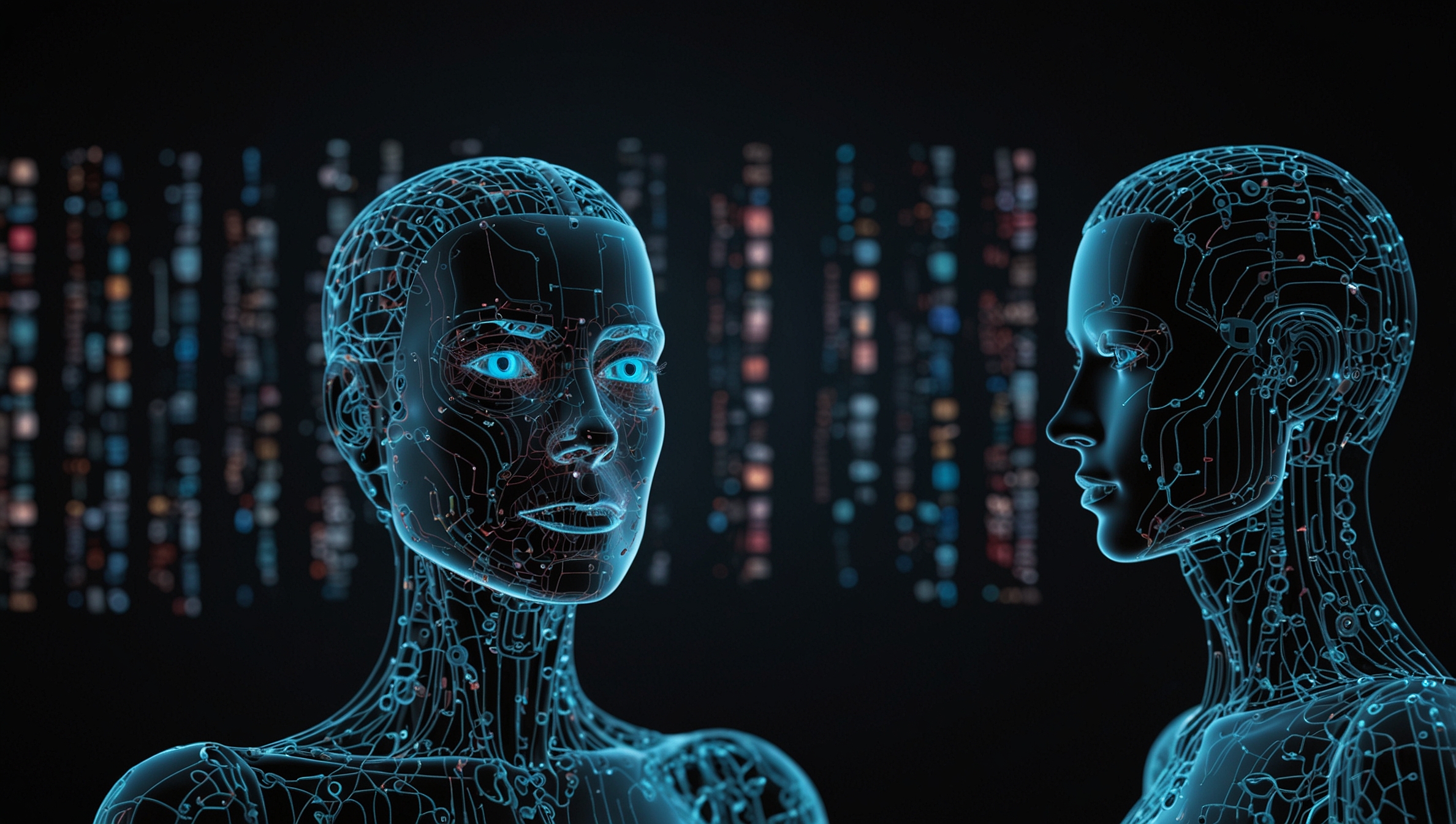Facebook’s parent company Meta unveils a set of new AI-based tools to transform advertising for marketers across Facebook & Instagram. The news, shared by Meta at a virtual press conference on Thursday, is a further evolution in the company’s journey to incorporate AI into the platform and offer marketers more detailed insights and tools.
The new AI tools, some of which should be deployed over the coming months, are expected to make the creation of ads easier, refine targeting, and amplify the effectiveness of the campaigns. The essence of these innovations is Meta’s sophisticated machine learning algorithms, which are able to analyze as much user data as needed to prognosticate consumers’ behavior and preferences effectively. It is designed to assist advertisers in targeting audiences with more relevant content that would increase engagement levels and overall return on investment.
Among the innovations mentioned, one of the most important ones is an opportunity to create several variants of the ad copy with the help of an AI ad copywriter using the characteristics of the target audience and the brand’s data. This tool is thus built to help marketers avoid duplicating efforts, thereby providing better content to those segments of the audience that are most relevant to a campaign. Moreover, Meta has introduced a smart image and video generator, which makes attractive advertisements creative in line with the campaign goals and target audiences’ preferences.
New synergies have also launched a new dynamic ad optimization system where elements of an ad campaign are modified in terms of placement, budget, and bidding in real time through Facebook, Instagram, and the Facebook Audience Network. It this system, the campaign results are learned and the system adapts and optimise the performance based on the results achieved. Meta says that preliminary experiments with this feature indicate enhanced efficiency and cost-effectiveness of campaigns for advertisers who took part in testing.
Many people’s rights to privacy have been an important factor in addressing the issue of AI and data use in advertising. Meta has asserted that the new tools are privacy-first tools which have been designed to operate under strict provisions of data protection and user data privacy besides providing users better control on their data. The company assured that any advertisement created with the help of AI would be clearly identified as AI-created so that there would be no secrets in advertising on the firm’s platforms.
Experts in the field have expressed their approval at Meta’s latest actions, as the inclusion of combined AI into advertising could sooner or later be beneficial for companies of all sizes rather than just industry giants. These tools could effectively democratize online advertising – that is, bring more businesses into the field – by automating many aspects of campaign creation and optimization.
However, there is controversy about the effects of these AI instruments on the creative part of advertising. Some of them are worried that if ad creatives are generated by AI alone, the creatives will be similar across the platform. Meta has done this by noting that AI tools should be seen as supplementing rather than supplanting human creativity, as marketers will still be in charge of brand communications and initiatives.
The availability of these AI-driven advertising tools, though, arises amid heightened competition in Meta’s digital advertising business, especially regarding short-form videos. This way, Meta builds upon its user base and finances AI as a means to stay relevant to the digital advertising market and offer nothing short of exceptional targeting and optimization to advertisers.
When these new tools start hitting the scene, marketers from all types of industries are looking forward to testing out AI-driven advertising tactics. These tools’ success could revolutionize what is currently known as Digital Marketing and create new best practices when it comes to online advertisement targeting. Meta has claimed that it will be paying special attention to how these new features perform and is committed to editing the further and broader development of its AI depending on user feedback and the market.
The company has also suggested that AI marketing application improvements will be made in the future, meaning better-predicting analytics and cross-app optimization. Looking at the advancements in AI technology over the years, more advanced applications of AI in digital advertising are expected to come up, perhaps redesigning the way brands communicate with consumers on the digital platform.
